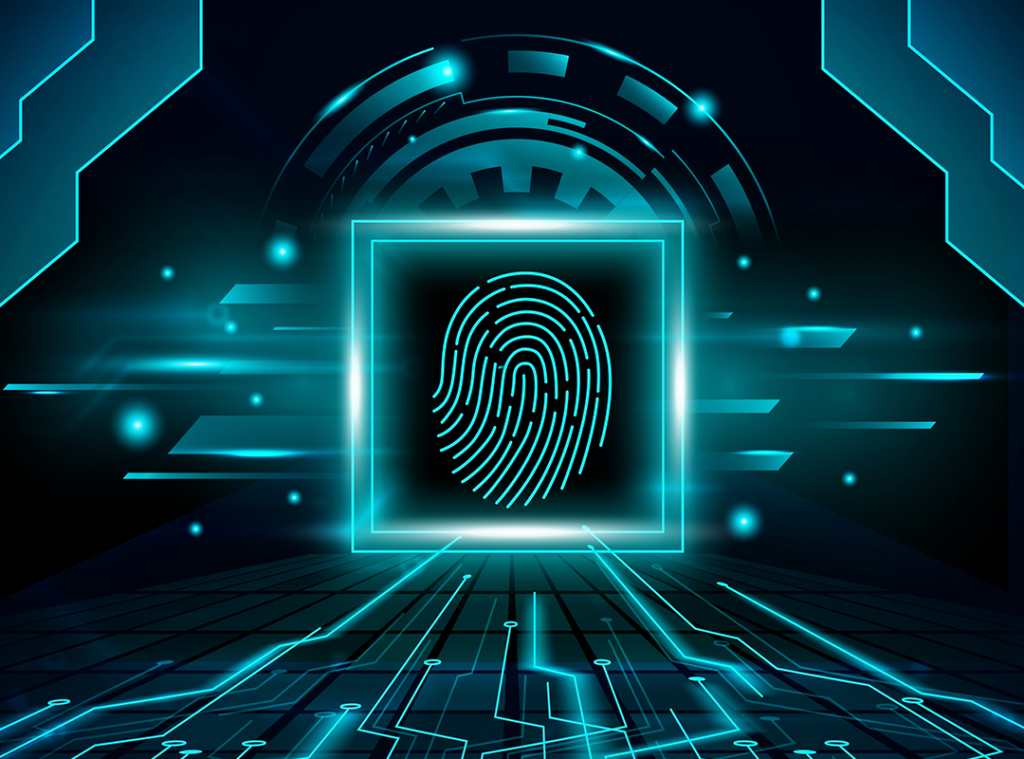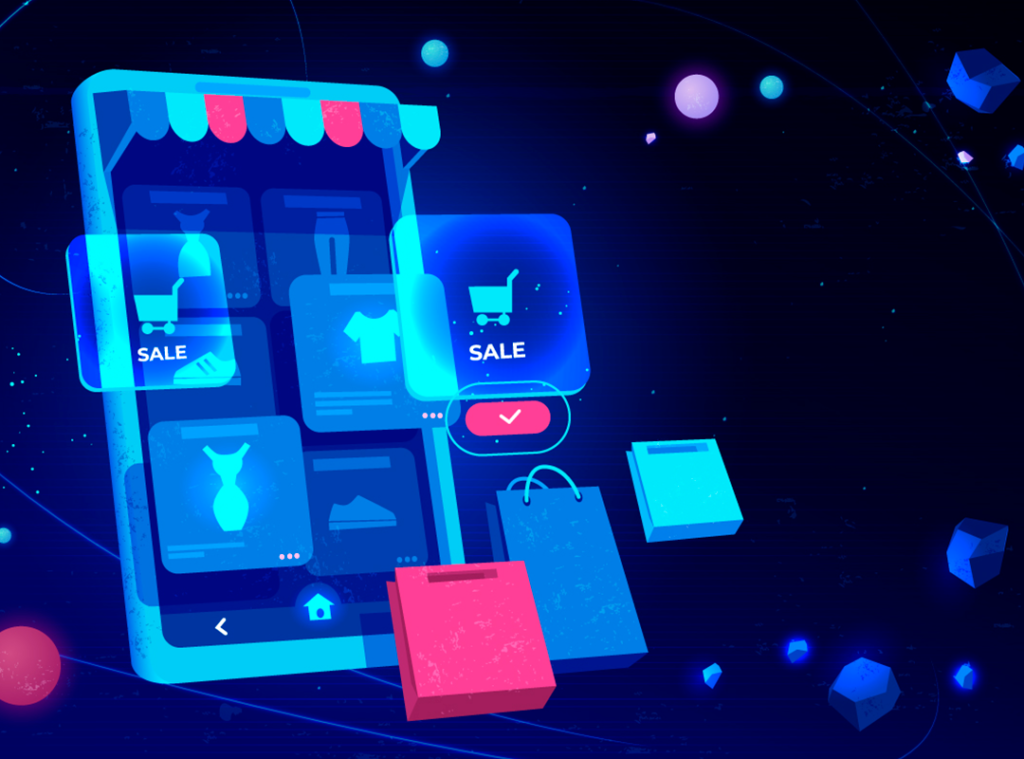Supply Chain
OmniClouds allows optimal visibility of data to alleviate some of the stressors that supply chain partners commonly experience. We understand the need to have transparent, secure data. Unfortunately, supply chain data is generally lacking in these areas.
Consumers want products they can trust. They want to clearly see the value that a product brings and rely on data to formulate opinions.
Blockchain solutions help make supply chain partners’ jobs easier and more efficient.


Healthcare
There’s no doubt that the COVID-19 pandemic has highlighted the importance of a well-organized, efficient healthcare system. Cracks in the system existed far before COVID-19 came about, and they continue to be pervasive. Blockchain solutions have already proven their contributions to the healthcare industry through security and collaboration. They are essential for assisting with quick solutions, which include the creation of vaccines and life-saving treatment plans – all while maintaining data integrity.
Compliance with state and federal healthcare laws are a must, and having a well-operated healthcare system is just as important. Luckly, blockchain solutions can help maintain both.
Banking and Financial Services
The financial services industry is perhaps one of the most important for maintaining data integrity to ensure sensitive data doesn’t get into the wrong hands. What if there was a way to drastically lower, or even eliminate, financial crimes and fraud?
We are confident blockchain solutions are the first step toward transformation within financial services. In fact, many leading institutions are already taking advantage and reaping the benefits.


Media and Advertising
It’s no doubt that the world of digital media has managed to break down many barriers across the globe. It has raised communication levels and social interaction in a positive way – not to mention the worldwide accessibility that the industry has provided.
With so many benefits, there are some major challenges that the media industry still faces today. Online music theft is perhaps the most prevalent. It affects not only artists, but also the U.S. economy through the loss of billions of dollars in revenue.
We believe the solution is the blockchain, which provides transparent digital transactions and distributed ledgers that solve these issues. It also helps to reduce costs and increase value across supply chains.
Digital Asset Management
Assets can now be bought and traded through digital representations that offer increased liquidity compared to traditional financial instruments.
This brings a frictionless experience for users that are used to signing what seems like millions of documents for simple financial transactions.
Through the implementation of blockchain for digital assets, transactions are now faster and more secure.


Retail
The retail industry continues to experience delays that initially began at the start of the pandemic. For this reason, many consumers have lost trust in the industry’s ability to deliver within their estimated wait times. Now that stores are back to full capacity, it’s up to retailers to address the challenges they still face.
Retailers can gain back trust by allowing the blockchain to do the heavy lifting. The blockchain guarantees that products are being delivered as promised and on time. Partners can now locate their products in a matter of seconds!
Learning Credentials
Verified learning credentials add a considerable amount of value to a prospective employee’s qualifications. It’s important that an employer can reach out to a reputable organization to verify that someone has the desired skill set to fill a position.
Unfortunately, with over 700,000 unique credentials existing in the United States alone, it’s impossible to confirm with the myriad of organizations that issue them. That’s why the Learning Credential Network was born. It is specifically designed to verify credentials in a quick, easy way.


Government
Governments across the board are realizing the vital importance of blockchain technologies. They help streamline processes, allow for secure data sharing, and help officials carry out tasks in a more sustainable manner.
More importantly, blockchain has the potential to build back trust with citizens. These days, many people have low expectations for the government. The implementation of blockchain technologies can perhaps turn this trend around by increasing citizens’ ability to verify data.
Telecommunications
Implementing blockchain allows a competitive advantage over a saturated industry that is constantly searching for the newest innovations and advancements. There are over 8 million mobile subscribers around the globe, and many tend to jump from company to company searching for the best deals, most competitive prices and fastest speeds.
With the latest major advancement being 5G, there has been increasing concern surrounding its safety and security. With blockchain technology, companies can confidently maintain data in a tamper-proof way that is verified in real-time.


Transportation
Busy transportation environments can quickly back up when errors or technical difficulties arise. In the airline industry, effective communication is essential among agents, air carriers, and credit card companies.
Overwhelm commonly causes flaws within systems, resulting in errors and transaction disputes. If all data were carried within the same blockchain environment, far less errors would occur, and inconsistencies would be eliminated.
Automotive
The modern automotive industry is an intricate system with many moving parts. Supply chains only continue to grow in complexity, and the automotive manufacturing process is getting increasingly difficult to maintain.
The decentralized nature of blockchain technologies – coupled with their ability to provide transparency and reliability – make them the perfect partner for the automotive industry.


Manufacturing
In the 21st century, it is vital that manufacturers are staying ahead of the latest innovations and technologies. In fact, many factories are already seeing the benefits of blockchain solutions.
In today’s market, the cost of raw materials and labor has been in a constant whirlwind. Now more than ever, it’s important that manufacturers offer the most competitive rates to attract customers.
Blockchain technologies strengthen weakened supply chains, allowing manufacturers to work more diligently all while lowering costs.
